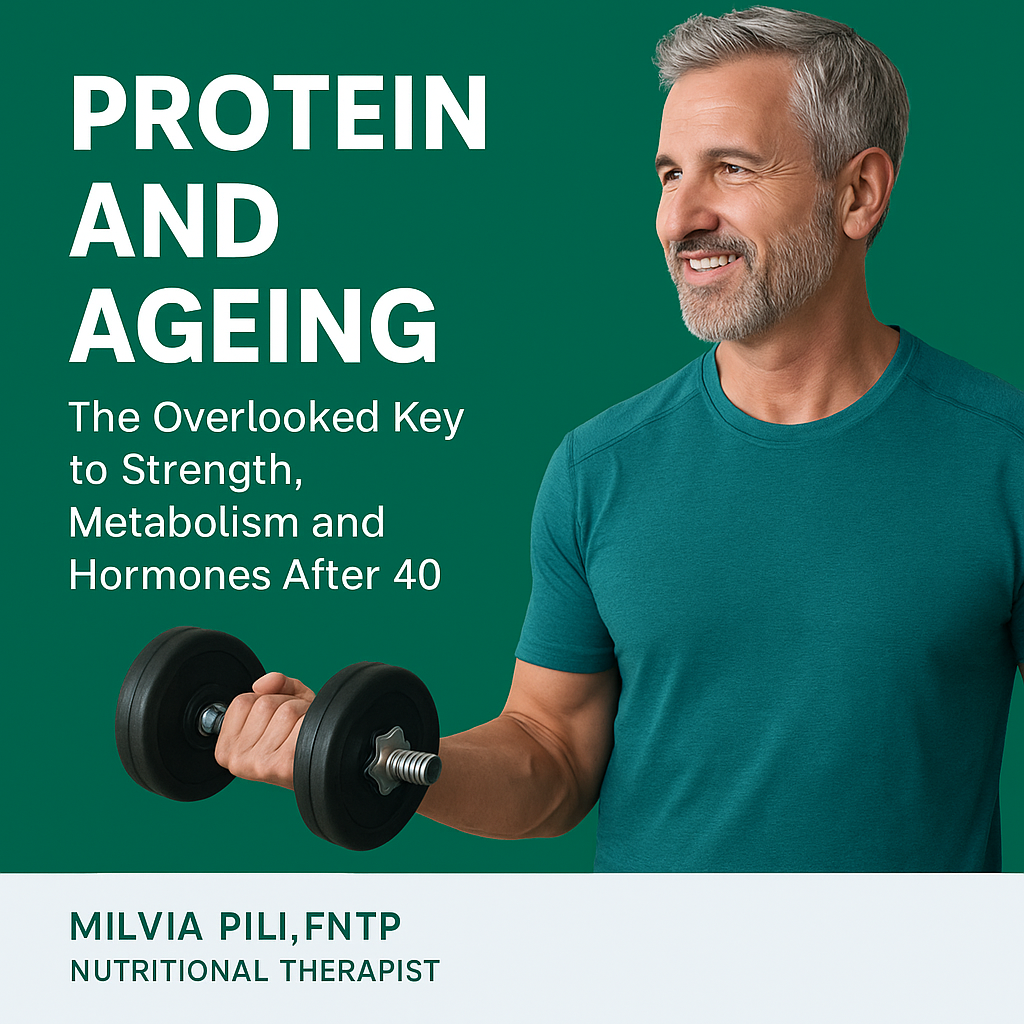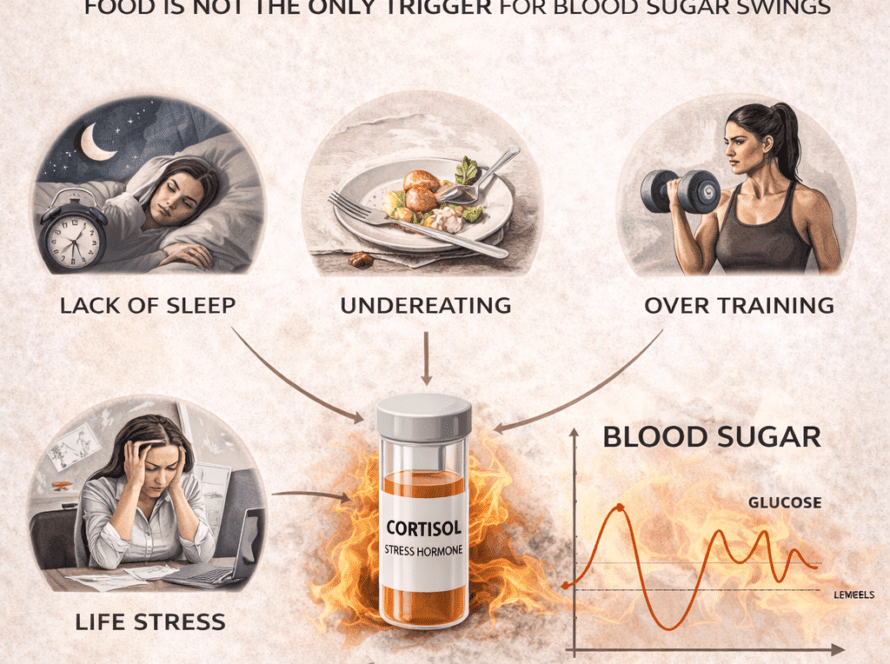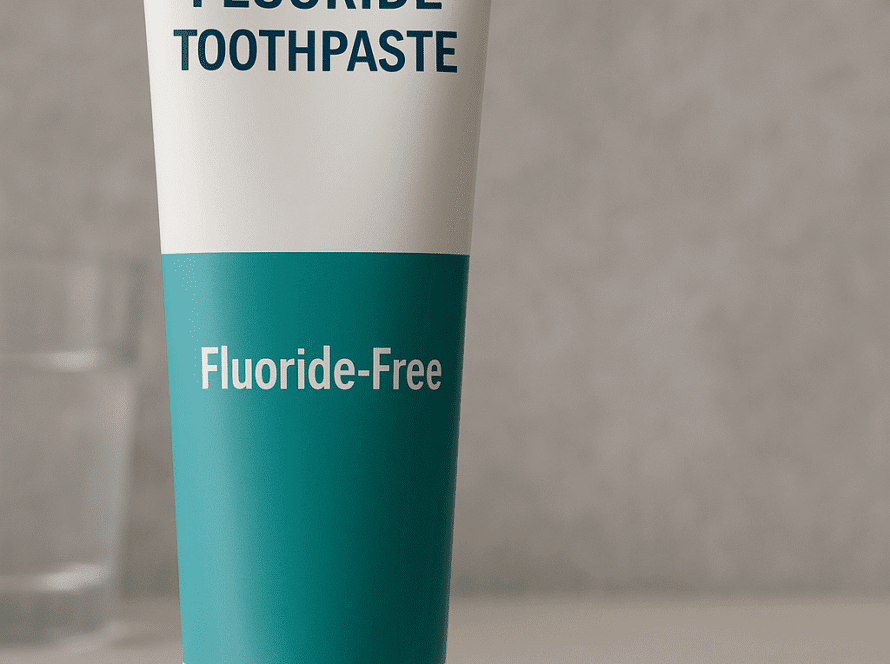As we move into our 40s and beyond, our bodies change — but our nutrition does not always keep up. Many women and men continue eating the same way they always have, yet suddenly notice:
• Muscle loss
• Weight gain around the middle
• Slower recovery after exercise
• Feeling weaker despite trying harder
• Metabolism that seems to have “switched off”
One major driver of these changes?
A gradual and often unnoticed decline in protein intake.
Why Protein Becomes More Important After 40
From the age of around 35, we begin to lose muscle mass naturally — a process called sarcopenia. The less muscle we have, the slower our metabolism becomes. Muscle is metabolically active tissue — it helps us burn energy efficiently, even while resting.
Protein plays several crucial roles in healthy ageing:
✔ Supports lean muscle maintenance
✔ Aids hormone and enzyme production
✔ Keeps blood sugar stable
✔ Maintains healthy bones
✔ Improves satiety and reduces cravings
This means protein is not just for bodybuilders — it is fundamental for healthy weight management, balance, strength and longevity.
Are You Eating Enough Protein?
Research shows many adults over 40 consume less than they need — especially at breakfast.
General guidance for healthy ageing suggests:
1.2–1.6 g of protein per kg of body weight per day, spread evenly across meals.
For a 70 kg person:
This equals 84–112 g of protein daily.
That might look like:
• Two eggs + yoghurt at breakfast
• Chicken or beans with a salad at lunch
• Fish or tofu with vegetables at dinner
• A handful of nuts as a snack
It is not about huge portions — just consistent inclusion.
Meals Rich in Protein for Everyday Life
Try incorporating some of these protein-supportive foods:
• Eggs
• Fish and seafood
• Poultry
• Lentils, chickpeas and beans
• Greek yoghurt
• Tofu and tempeh
• Nuts and seeds
• Quality protein powders when needed
Aim for a source of protein in every meal, rather than saving it all for dinner.
Supporting Strength and Longevity
Pairing adequate protein with regular movement — particularly strength training — helps protect:
• Muscle
• Bone density
• Joint function
• Independence in later life
By prioritising protein now, you are investing in how you want to feel in the years ahead.
A Small Nutrition Shift With a Big Impact
Supporting your body after 40 does not require restrictive dieting. It is simply about nourishing yourself in a way that aligns with the phase of life you are in.
Start by asking:
Where can I add protein today?
Your future self will thank you for the strength, energy and confidence gained.
Warm regards,
Milvia Pili, FNTP
Nutritional Therapist specialising in metabolic and hormonal health for professionals over




